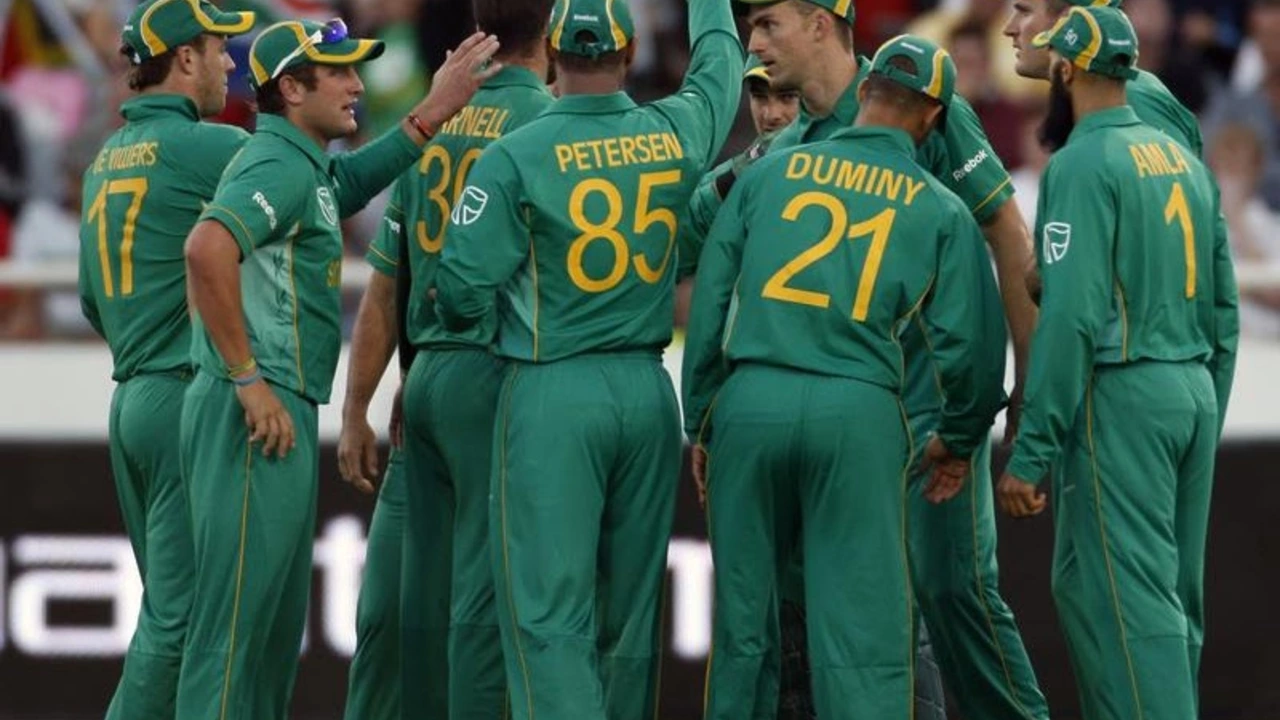South Africa’s World Cup Struggles – August 2023 Archive
In August 2023 we broke down the biggest question on every Bafana Bafana fan’s mind: why does South Africa keep falling short at the World Cup? This archive gives you the straight‑talk reasons, real examples, and some ideas on how the team could finally turn the tide.
Pressure and the Mental Game
The first thing we noticed is the sheer pressure of the global stage. When millions of fans are watching, even a small slip feels huge. Players often talk about "nerves" after a missed shot or a lost duel, and that anxiety turns quick passes into hesitant moves. It’s not just nerves, though—there’s the fear of letting a whole country down. That fear can make a normally sharp striker hesitate, turning a clear‑cut chance into a missed opportunity.
We also saw that the squad lacks enough high‑pressure match experience. Most of their recent games are in regional tournaments where the stakes feel lower. Without regular exposure to that kind of intensity, the team’s confidence wavers during crucial World Cup moments, leading to sloppy decisions and wasted chances.
Tactical Mismatches and Preparation
The second big issue is tactics. South Africa’s domestic style loves flair, wing play, and creative dribbling. But many World Cup opponents play tight, disciplined defense and hit fast counters. When the coaches stick to one formation, opponents quickly figure out how to shut down the attack. The result? The Bafana squad ends up chasing the ball instead of controlling the game.
Preparation also matters. We found that the team often has limited time to train together before the tournament, and the coaching staff sometimes sticks to familiar drills rather than adapting to each opponent’s strengths. That lack of flexibility makes it easier for well‑organized teams to exploit gaps, especially in the midfield where South Africa sometimes looks disjointed.
Other factors that add to the problem include injuries to key players right before the tournament, which forces last‑minute lineup changes, and a youth‑development system that produces talent but doesn’t always give clear pathways to senior international play. The combination of these issues means the squad often enters matches without a solid game plan or the mental edge needed to win.
So, what can be done? First, schedule more friendly matches against top‑ranked nations to build experience under pressure. Second, develop a flexible tactical toolbox—train the team to switch between a possession‑based style and a compact, counter‑attacking setup. Third, invest in sports‑psychology resources to help players manage anxiety and stay focused during big moments. Finally, create a transparent pathway for young prospects to earn senior caps, ensuring future squads have leaders who already know the World Cup atmosphere.
Ready for a deeper dive? The full August 2023 article covers player quotes, stats, and a step‑by‑step plan that could finally see South Africa move from bridesmaid to bride at the next World Cup.
